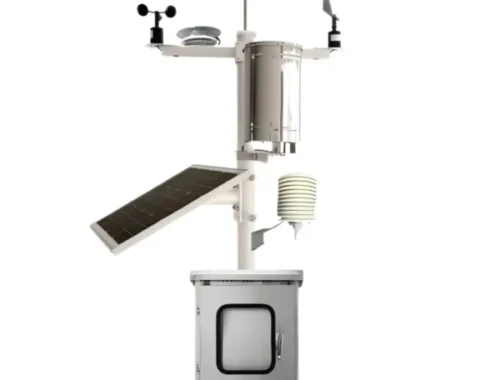Don’t Let a Breakup Ruin Your Love of the Outdoors
When your backcountry partner was your romantic one, a breakup can totally alter your relationship to the outdoors—but don’t let it
Welcome to Tough Love. Every other week, we’re answering your questions about dating, breakups, and everything in between. Our advice giver is Blair Braverman, dogsled racer and author of Welcome to the Goddamn Ice Cube. Have a question of your own? Write to us at [email protected].
I’m currently going through the end of a six-year live-in relationship. It’s devastating for a number of reasons, but I’m writing to you because I’ve lost my backcountry hiking partner. I was a city girl through and through when we first started dating, but after a bit of a rough introduction, backcountry hiking has become a really important part of my identity. We worked really great on the trail together; we’ve probably hiked 300-plus miles in places that are hard to get to and hard to get out of. We’ve literally saved each other’s lives.
Now in addition to feeling like I’ve lost my partner, my best friend, etc., I also feel like I’m going to lose hiking. I live in a big East Coast city without a robust hiking community. The idea that I’ll meet someone new, let alone someone I can work well with and trust in the backcountry, just seems impossible. Any thoughts on where even to start?
Oh man. What a double whammy of a tough time. It sounds like this person has been your primary connection to the backcountry, so it’s no wonder that you’re worried about holding onto that identity without them. But the truth is, it’s not your relationship to anyone else that makes you a hiker. It’s who you are. All the things you and your partner did together, those 300 miles you hiked? They don’t go away just because the relationship is ending. These experiences belong to you. Those miles are yours, and those skills are yours, and no breakup can take them away.
Before you start looking for a new outdoor buddy, I want you to go hiking on your own. This is vital, because it means that whoever your next hiking partner is, your identity as an outdoorsperson will not be dependent on their presence in your life. If you’d like, you can start small, just an hour or so alone on the trail. It’s not about how far you hike; it’s about building a relationship to the outdoors that celebrates, but doesn’t rely upon, the people around you. You may be surprised by how different it is to be outdoors alone—and also by how similar it feels. Hiking brought you joy as part of a relationship, and it can be a balm now that the relationship is ending. Let wilderness help you grieve the changes in your life.
Your city may not have a robust hiking community, but it’s a big city, so there are definitely outdoor folk to be found. Look up hiking meetups and check out your local outdoor store, which probably has a bulletin board with events. If there’s no hiking group that fits your needs, consider starting one. When my mom moved to a new town, she couldn’t find a hiking club, so she organized one through her synagogue—and ten years later that group is still going strong.
Just as your ex introduced you to hiking, you can also share your passion for the outdoors with new people. Do you have a friend who’s looking for a hobby? Someone who just moved to town or who’s also going through a breakup? Take them on a day trek in the woods. Teach them to have fun, to relax and enjoy the wilderness without pressure to perform. Share your knowledge. People tend to think that they’re either outdoorsy or not—often based on how much time they spent in nature growing up or how practiced they are at specific skills—and a sense of being “not outdoorsy” can be a major hang-up for people who would otherwise have a great time outside. As a self-professed former city girl, you have a unique chance to connect with people who might otherwise find hiking intimidating.
Finally, keep in mind that it’s generally easier to find a good backcountry partner than a good romantic partner, and I’d encourage you to separate the two. It’ll put less pressure on both relationships and give you more flexibility in finding the right fit(s). Maybe you’ll fall in love with your hiking buddy, or your soul mate will happen to be a thru-hiker—but if not, there’s no reason that you shouldn’t have the best of both worlds.
You May Also Like

Automatic Weather Station: An Overview of Its Functionality and Applications
March 14, 2025
HOW TO PREVENT MOLD AND MILDEW ON TRUCK TARPAULINS?
November 22, 2024